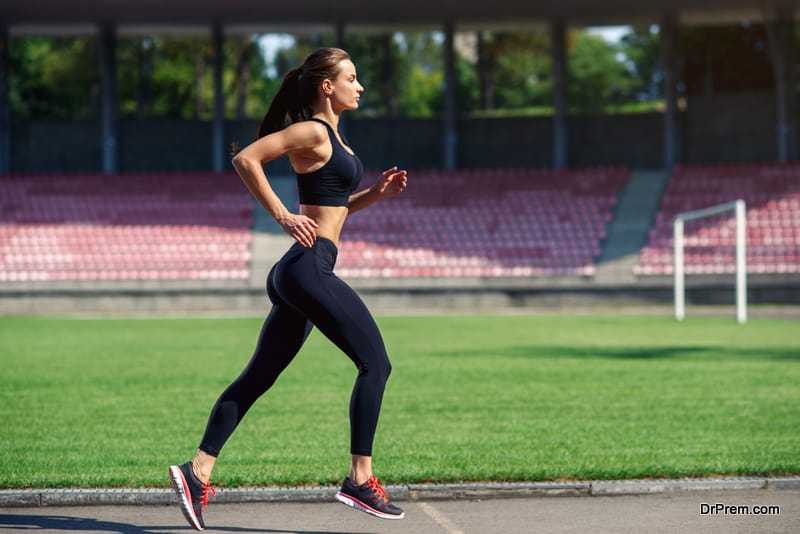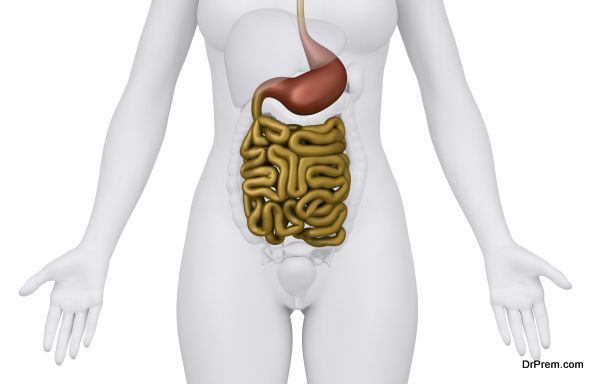1. Effect of gluten on physical performance

2. Risk of minerals deficiency.
The elimination of gluten from the diet means the abandonment of products that are one of the most commonly consumed foods by physically active people, especially representatives of strength disciplines (bread, pasta, pancakes, dumplings, cereals). With care for the daily menu, the problem of a lower nutritional value of gluten-free foods will not happen, HOWEVER: gluten-free diets have been observed to contain a lower content of minerals such as iron, magnesium, selenium and fiber. Moreover, recent analyses evaluating the nutritional composition of over 200 gluten-free products have shown that they are characterized by an increased content of fat and a reduced content of carbohydrates and protein. For example, gluten-free bread contained twice the fat content, and almost three times lower Protein content in relation to the gluten-like equivalent. The lower nutritional value was also demonstrated in the case of gluten-free flours, pasta and bakery products.
3. The disappearance of a beneficial bacterial flora

4. Sports authorities’ opinion
Finally, it is worth noting that leading sports nutritionists and sports nutrition organizations see no reason to eliminate gluten from everyday nutrition in healthy athletes. This position is presented by the Australian Institute of Sport, which is one of the best centers of physiology and nutrition in sport in the world, prof. Asker Jeukendrup, who worked with Chelsea FC or Andreas Raelert, dietitian team Team Sky-Nigel Mitchell.
Bibliografia:
- Lis D et al.: No Effects of a Short-Term Gluten-free Diet on Performance in Nonceliac Athletes. Med Sci Sports Exerc. http://www.ncbi.nlm.nih.gov/pubmed/25970665
- The Australian Institute of Sport (AIS) stand : http://www.ausport.gov.au/ais/nutrition/factsheets/special_diets/gluten-free_diets
- Miranda J et al.: Nutritional differences between a gluten-free diet and a diet containing equivalent products with gluten. Plant Foods Hum Nutr. http://www.ncbi.nlm.nih.gov/pubmed/24578088
- Wild D et al.: Evidence of high sugar intake, and low fibre and mineral intake, in the gluten-free diet. Alimentary Pharmacology & Therapeutics,2010. http://onlinelibrary.wiley.com/doi/10.1111/j.1365-2036.2010.04386.x/full
- De Palma et al.: Effects of a gluten-free diet on gut microbiota and immune function in healthy adult human subjects. British Journal of Nutrition,2009. http://journals.cambridge.org/action/displayAbstract?fromPage=online&aid=6371220
Article Submitted By Community Writer




